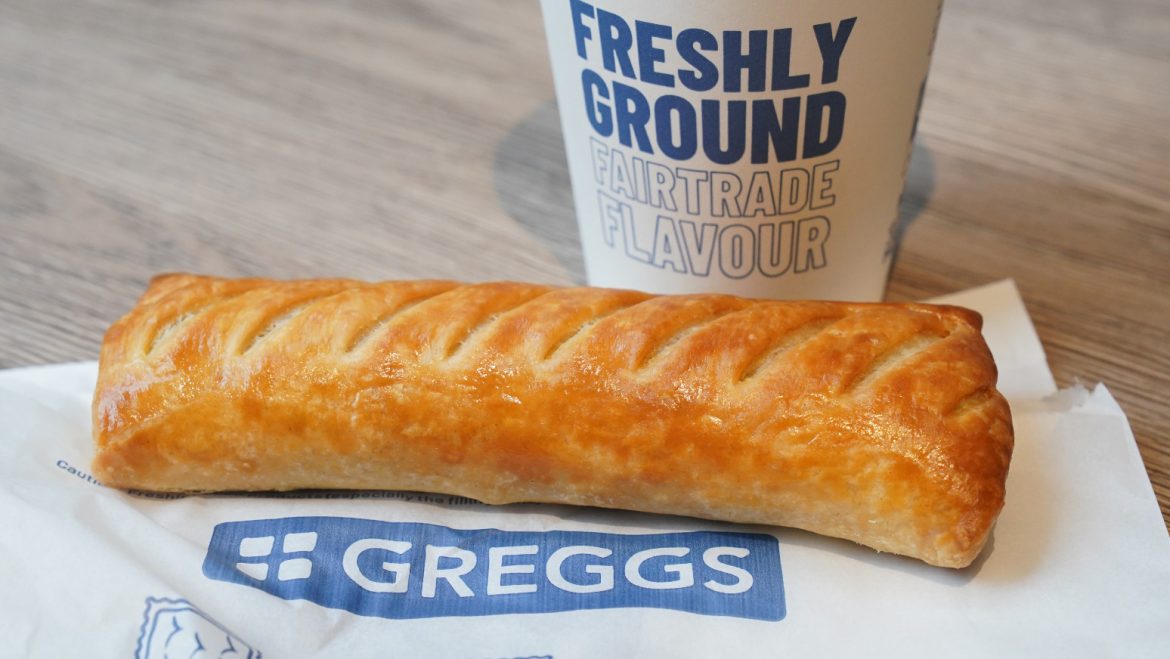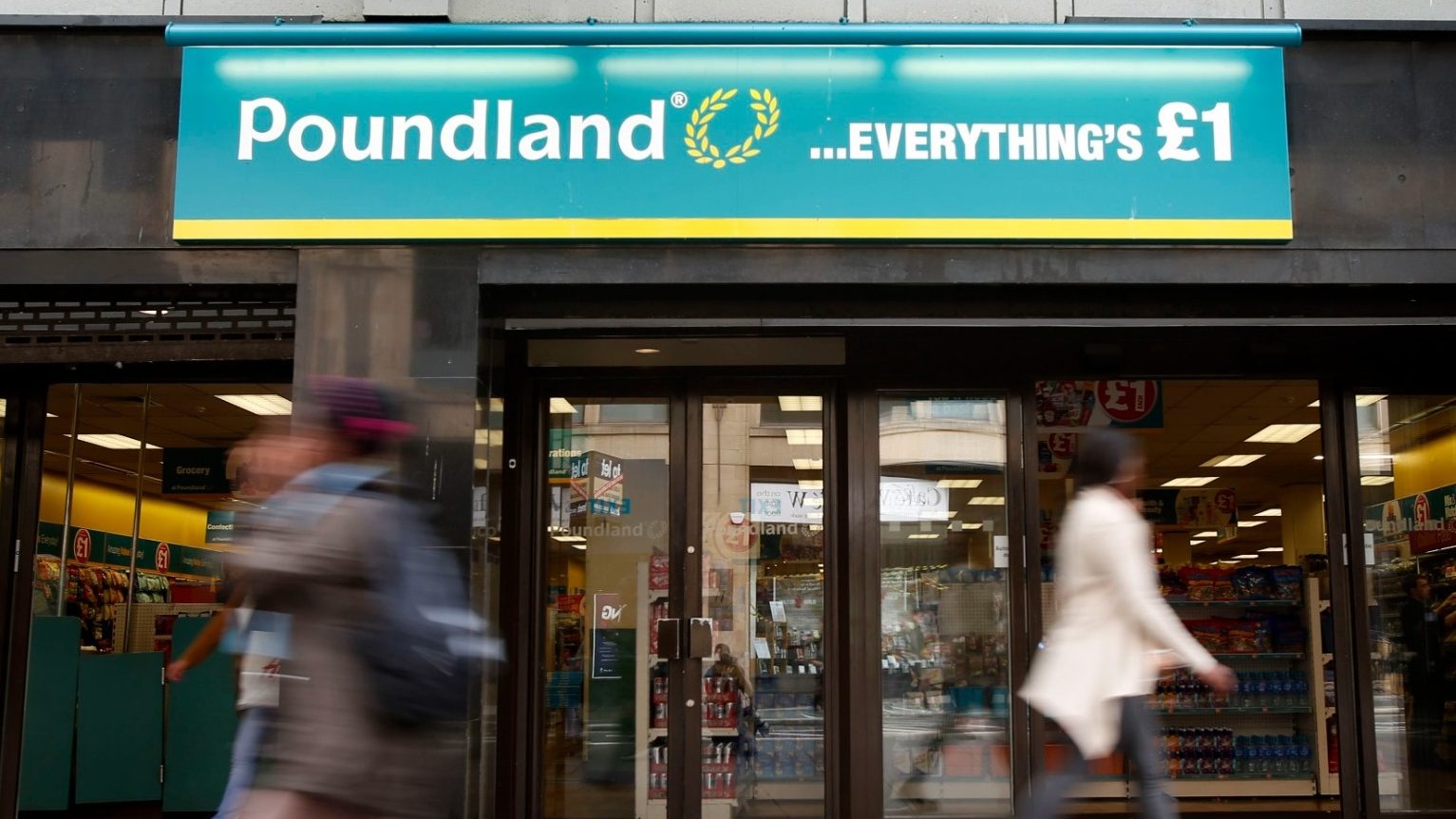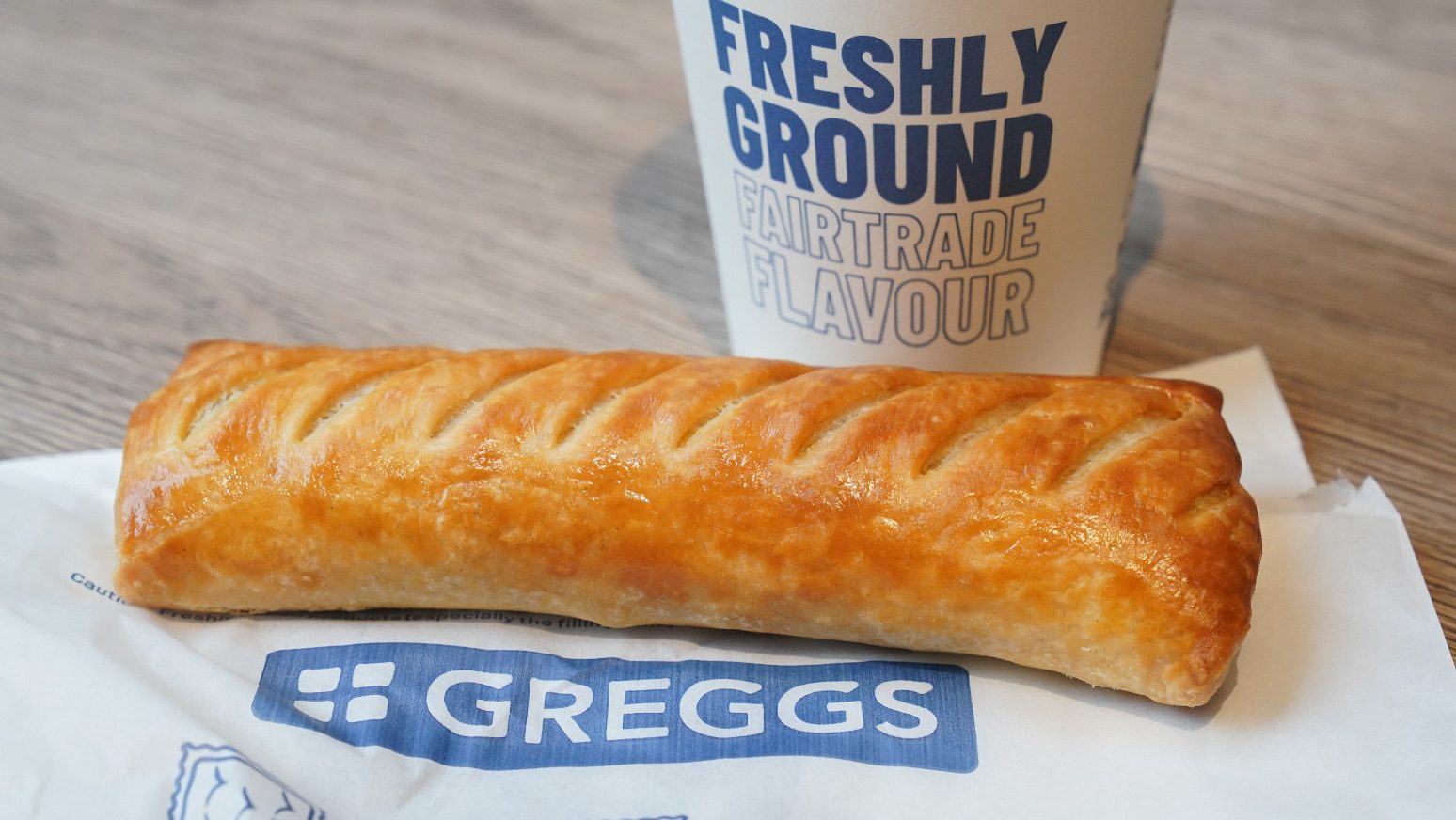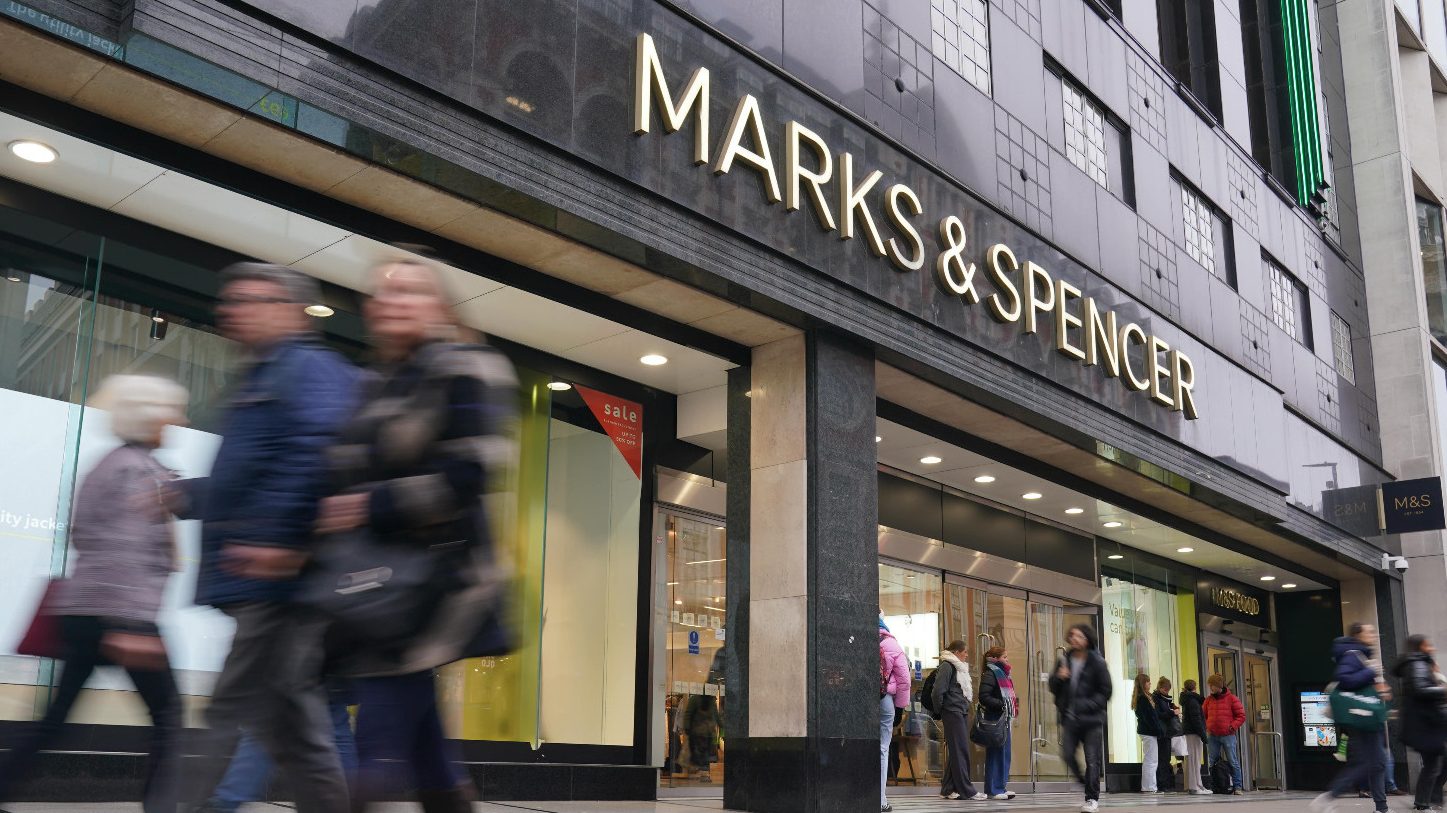The company say they are having to pass through some higher costs to customers.
Prices of Greggs products including sausage rolls, coffee and doughnuts have risen as the bakery chain said it was having to pass through some higher costs to customers.
The national price of its traditional sausage roll has risen by 5p to £1.30, although this will vary in locations across the country.
Greggs’ chief executive Roisin Currie said the business was facing a bigger expenses bill this year from measures including higher wages for staff and an increase to the rate of employer national insurance.
About two thirds of the chain’s staff benefited from about a 6% increase to their salaries at the start of 2025, Ms Currie said.
She said this was good news for employees, but meant it was having to increase some of its prices by between 5p and 10p.
“We have had to pass a minimum amount of price rises onto customers… but we work hard to protect as many prices as we can,” Ms Currie said.
While prices of individual products have gone up, the boss confirmed that some of its meal deals such as breakfast and lunchtime offers had not changed.
“We remain known for value but we are not complacent about that,” she stressed.
It is unclear whether there will be further price rises this year but the chief executive said the company was continuing to face some inflationary “headwinds”.
Furthermore, Greggs is among some of Britain’s biggest retailers to be facing a bigger tax bill this year because of a planned hike to the rate of employer national insurance.
Greggs was one of more than 70 businesses that wrote to Chancellor Rachel Reeves last year to warn that changes announced in the October Budget meant price hikes were a “certainty”.
The greater national insurance contributions will add about 1% of inflation to the company’s total costs, Ms Currie said.
It comes as Greggs’ fourth quarter sales grew 2.5% as it pointed to a “more challenging market backdrop” in the second half of the year.
The result for the quarter ending December means Greggs made £2 billion in annual revenue for the first time ever in 2024, an 11.3% rise compared to 2023.
Shares in the company tumbled by more than a 10th following the update.
The Newcastle-based company said that lower consumer confidence since the summer had impacted the number of people visiting and spending on high streets.
But Ms Currie added that wage inflation should “put more money in the pocket” of consumers across the UK, which could encourage a greater level of spending at retailers.










